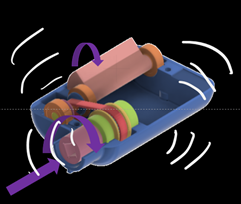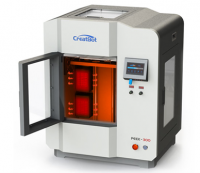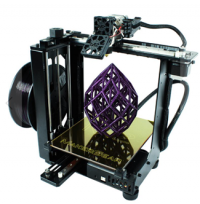Magnetic Resonance Elastography
Our research aims to enable safe non-invasive estimation of biomechanical parameters in various tissues using Magnetic Resonance Elastography (MRE). The estimation of these biomechanical parameters (elasticity and viscosity) has a growing clinical impact, especially in the domain of liver fibrosis, brain tumours and breast cancer lesions.
We are currently improving the estimation of the viscoelastic parameters by: a) enhancing our reconstruction methods, b) reducing data acquisition time, and c) testing improved hardware concepts for the mechanical excitation required for MRE.
Team members
Ongoing Projects/Collaborations
- Magnetic Resonance Elastography for Early Assessment of Response to Neoadjuvant Chemotherapy in Women with Breast Cancer
- Measuring the tumour IFP using MRE: a mechanical biomarker for the prediction of metastatic potential in women with invasive breast cancer.
Equipment
MR Elastography transducer used widely in 10+ sites around the world for liver, kidney, brain and breast MRE.
Industrial-grade 3D printer that is capable of printing high performance functional martials such as PEEK. The printer has an increased print volume allowing decent sized PLA prints.
3D printer used for rapid prototyping in PLA, nylon and ABS.
Services
Brain MRE using the gravitational transducer is implemented on Siemens scanners, N4 software version.
Breast MRE using the gravitational transducer is implemented on Siemens scanners, N4 software version, with the 4-channel BI breast coil.
Liver MRE using the gravitational transducer is implemented on Siemens scanner, N4 software version, with any compatible body coil.
PLA rapid prototyping available.








